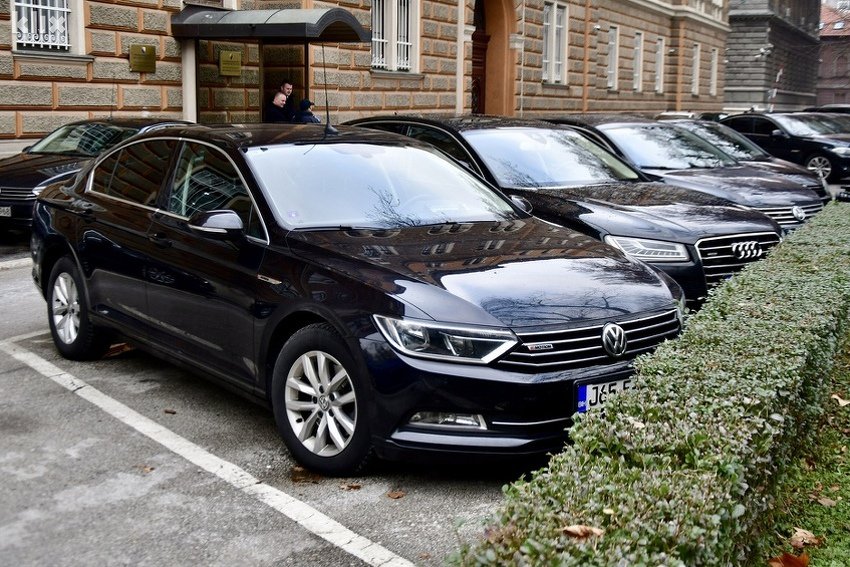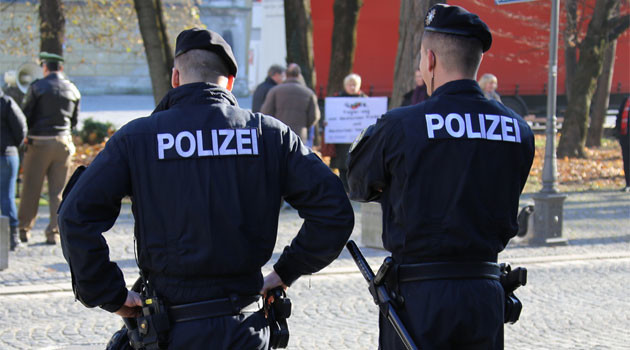 The news came yesterday that Hatidža Mehmedović, who survived the war in Bosnia and led the Association of the Mothers of Srebrenica, had died in a hospital in Sarajevo.
The news came yesterday that Hatidža Mehmedović, who survived the war in Bosnia and led the Association of the Mothers of Srebrenica, had died in a hospital in Sarajevo.
“I met Hatidža four years ago when I visited the Srebrenica Memorial, where the victims of the genocide — the worst massacre on European soil since the Holocaust — are buried. I remember it vividly. Sitting in a circle of other bereaved and widowed mothers of Srebrenica, quietly and with the utmost dignity, she told her story,” Jolie recalls.
She painted a picture of life before the war, with her husband Abdullah and their two sons Azmir and Almir, who were 21 and 18 years old. She described the terrible days in July 1995, when they were forcibly separated from her and sent to their deaths, along with at least 8,000 other innocent men and boys. As well as her husband and sons, Hatidža lost her father, her two brothers, and scores of her extended family members.
Those who carried out the genocide went to considerable lengths to conceal or destroy the bodies of the victims. For 15 years, Hatidža searched for the remains of her family. She was one of the first survivors to return to Srebrenica. She lived bereaved and alone, facing threats and intimidation, in a climate of persistent attempts to deny the genocide.
She told me that when they finally found the remains of her husband and two sons, all she received to bury of Almir, her youngest, were two small leg bones. Instead of dwelling on the heartrending pain of that moment, she simply told me that she was fortunate. Many mothers, she said, still lacked even that small consolation.
In many ways, Hatidža Mehmedović reminded me of the other Bosnian women I have met who survived the war, for the way she combined deep strength and resilience with tolerance and humility and a refusal to succumb to hate.
But Hatidža was also exceptional. For 23 years she was a tireless seeker of truth and justice. She never claimed any special status, but spoke on behalf of all the Mothers of Srebrenica. She did not distinguish between the victims, but regarded them as all equally worthy of dignity and recognition. Even as her health failed, she worked to organize aid convoys to take food and medicine to refugees in Syria. She died before her time, at just 65 years old, her death no doubt sadly hastened by all she had endured.
Hatidža Mehmedović lived an honest life. She never allowed anyone to frighten her or to corrupt her sense of truth and fairness. We too may never see justice in our lifetimes, but we cannot go wrong if we follow her example.
(Source: CNN, klix, photo radioglasdrine)


















